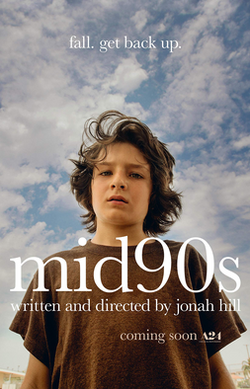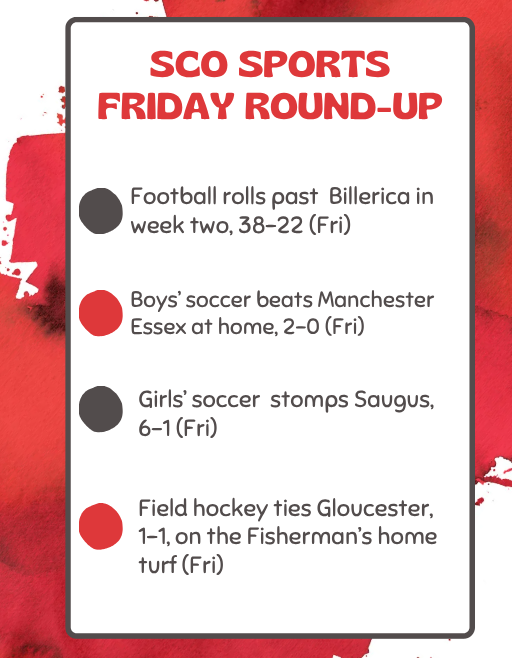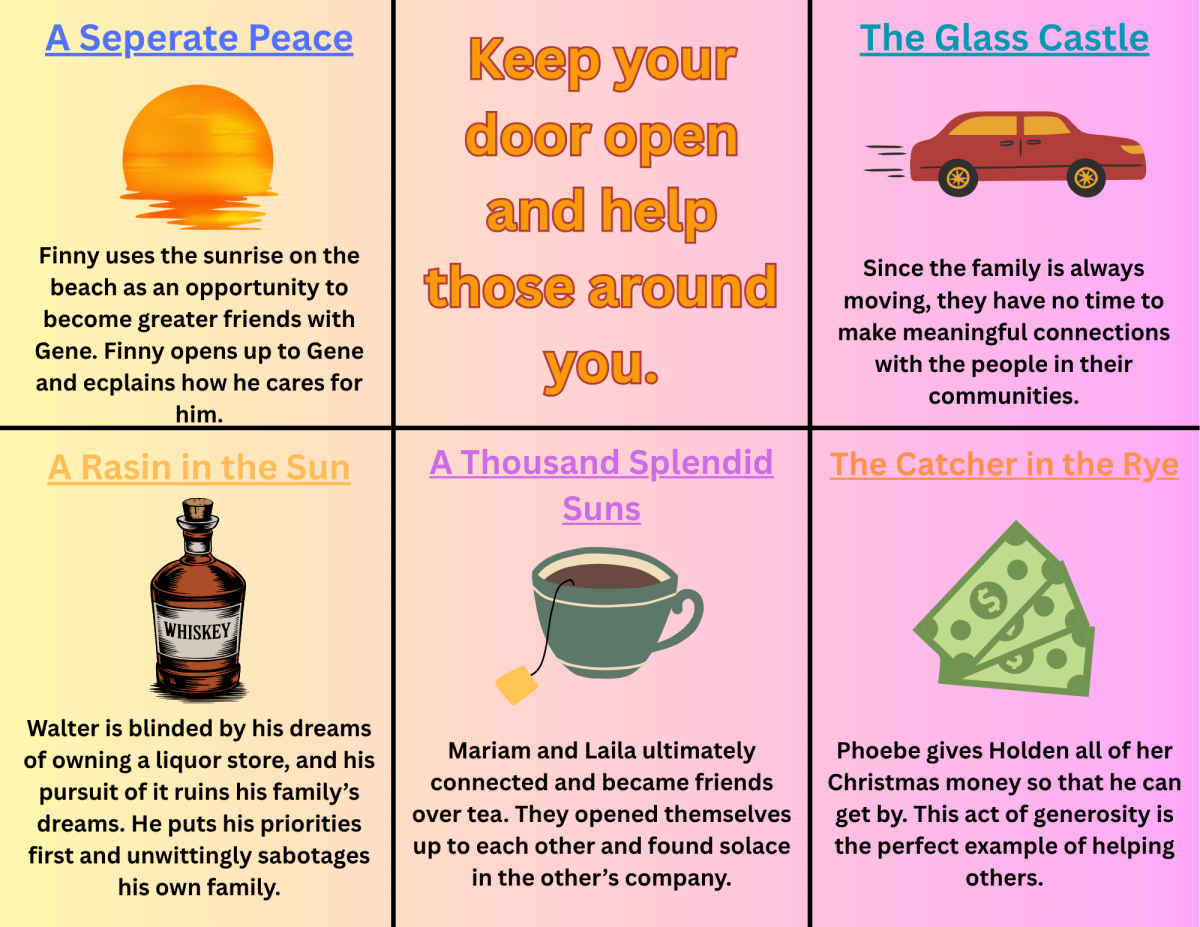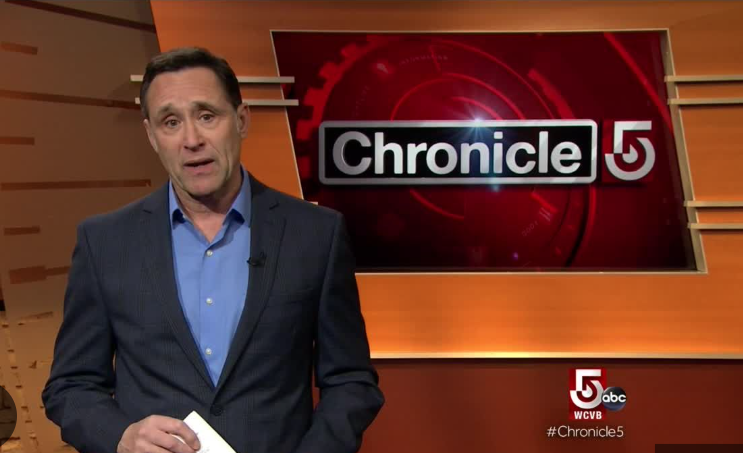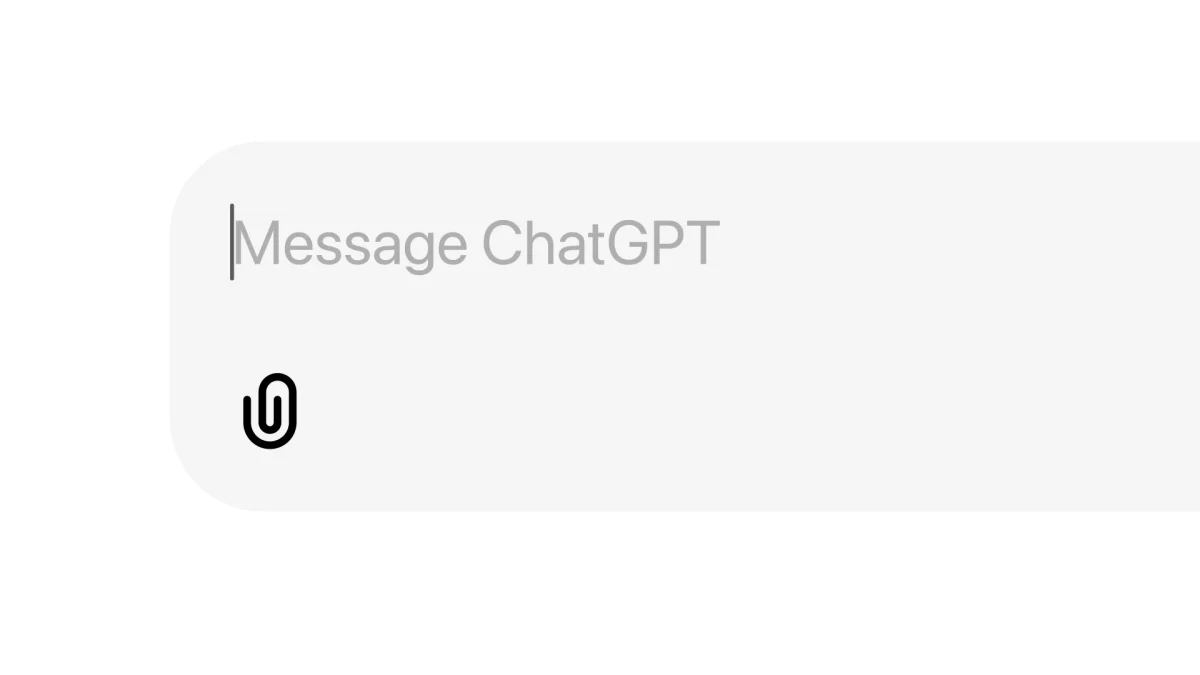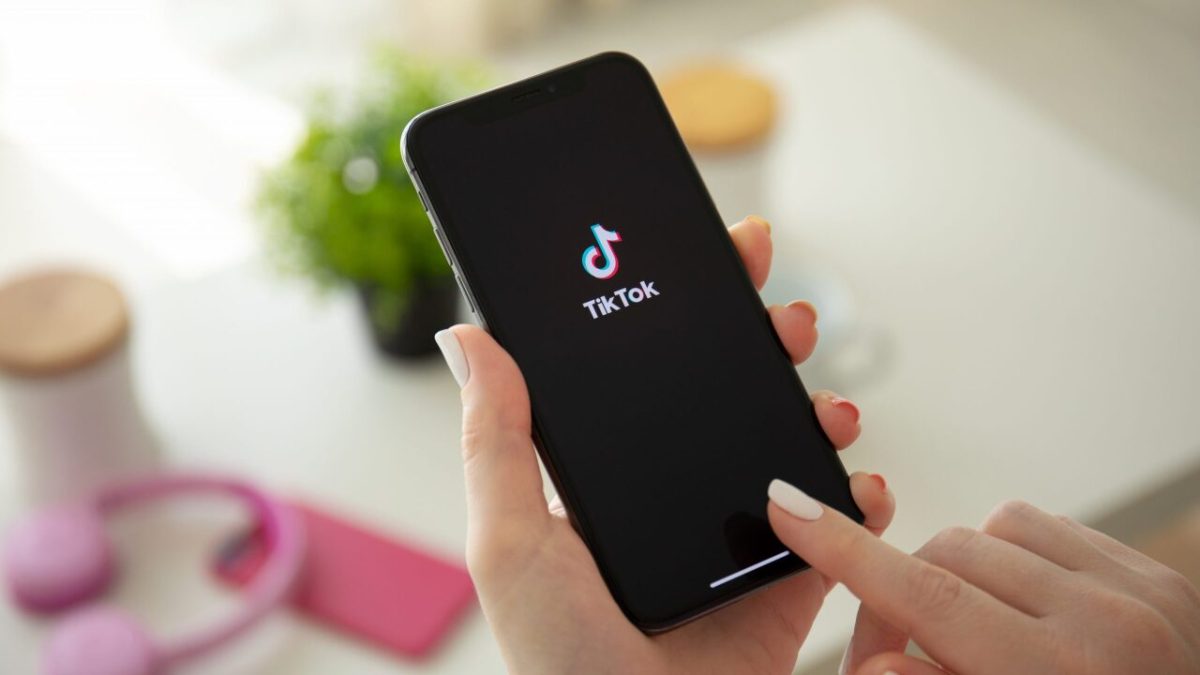
The House of Representatives recently passed a fast-tracked bill to ban TikTok from the US, provided that the social media site cannot find a buyer within the next six months. Although TikTok will not be disappearing from our phones any time soon, this ban might be a blessing in disguise, but not for the reasons the House might think.
According to the New York Times , since Senate majority leader Chuck Schumer is “noncommittal” about bringing the bill to the floor, it is unlikely that it will pass at all. Despite this, taking a step back from TikTok might be one of the best things we can do for our generation.
One of the main flaws of the app is the negative impact that it has had on our attention spans. According to psychologist Dr. Gloria Mark, the average attention span when looking at a screen has decreased from 2 and a half minutes in 2004 to 47 seconds in 2023. Mark also explains that there is a strong correlation between low attention span and high stress levels.
This decline in attention span has a plethora of negative effects, which can lead people away from their hobbies. For example, people who enjoy making art or reading a novel might find themselves less interested in these hobbies as they spend more time on TikTok, as they would not get the same almost-instant gratification that comes from watching a 15 second video when trying to complete a painting or finish a book, leading to half-finished or barely-started activities. Not only could this be detrimental to mental health, but it can become wasteful.
As TikTok’s short-form content continues to decrease the time that people spend watching the same video, it increases the tendency to procrastinate. Watching a few short videos as a break from work can easily turn into hours of mindless scrolling, which cuts into time that could be used in a more productive manner.
Simply deleting the app of one’s own free will might not be as easy of a solution to these problems as it seems, especially for teens. Not only is the app addicting, but most modern pop culture references are born on the site. Being off the app kicks people “out of the loop,” and many feel obligated to keep the app downloaded to relate to their peers, even if they recognize the downsides.
The controversial social media app takes away from both work and leisure time, contributing to a less productive, less happy generation. Although the ban’s main concern is protecting the privacy of Americans, the removal of TikTok might protect America’s well-being more than anything.

